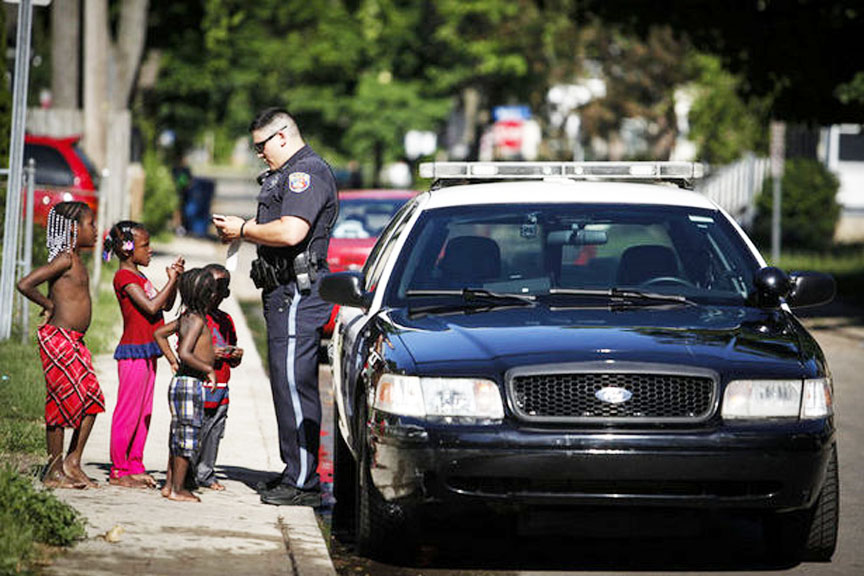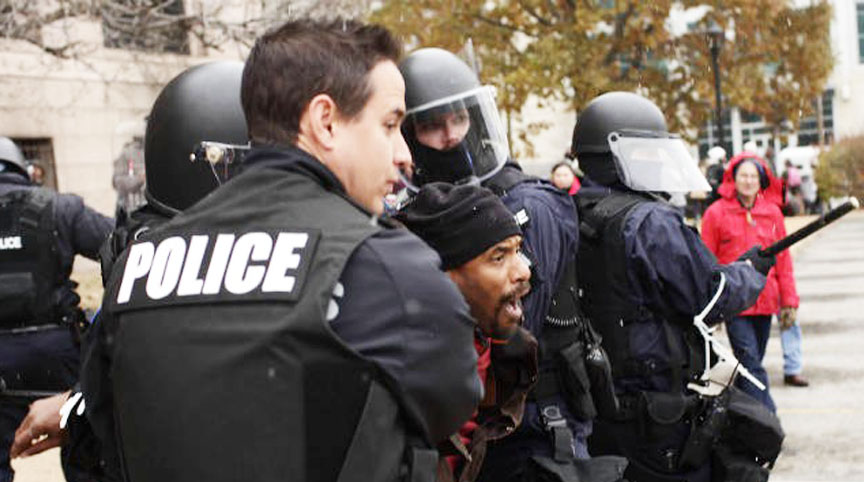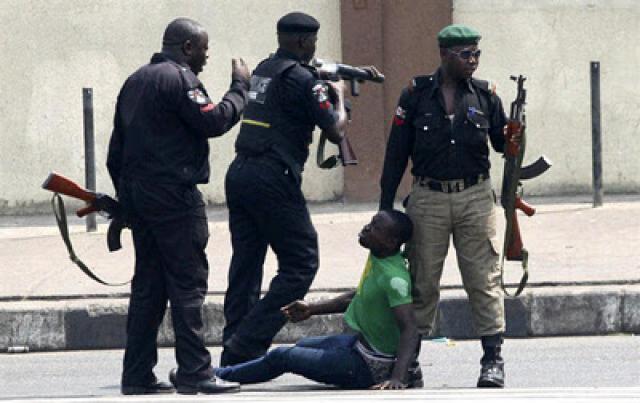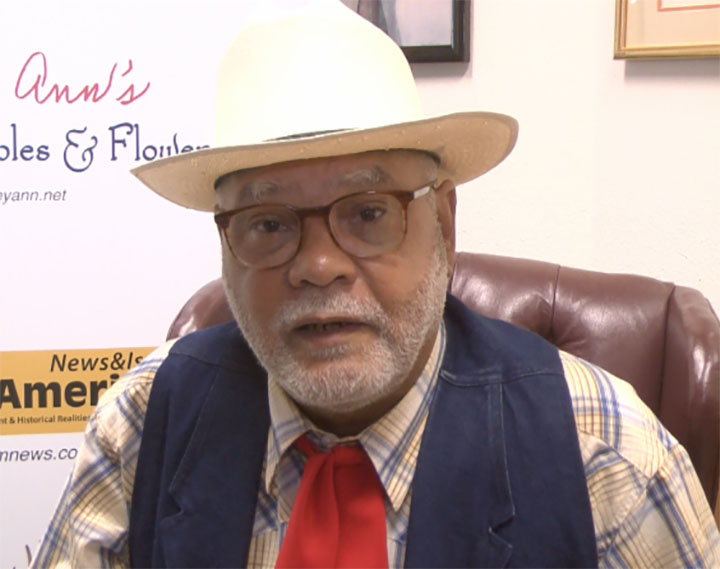
Anthony Obi Ogbo – International Guardian, Houston – TX
Renowned Houston activist and publisher of the African-American News&Issues Roy Douglas Malonson has called on the African Americans to use their vote as the last tool in overcoming a system he believes still unfavorable to the minorities. “You must make that difference now. Go out and vote” Malonson urged.
Malonson was reacting to the recent bloody feud between the community and the law enforcement over the shooting deaths of two black men within days by police officers, and the following sniper ambush kills 5 officers, injures 7 in Dallas following peaceful protest.
A Minnesota officer fatally shot a 32-year-old man, Philando Castile in Falcon Heights, a St. Paul suburb. A day earlier, 37-year-old Alton Sterling was equally shot and killed during a confrontation with two police officers outside a Baton Rouge, Louisiana, convenience store where he was selling discs of music and movies. A cellphone video of Sterling’s shooting posted online by a community activist set off heated protests. In total retaliation, however, individuals angered by these killings turned their triggers against police officers leading to the terrible incident believed to be the deadliest day in the history of the Dallas Police Department.
“There’s a lot of good white people that died for our right and freedom. The sad part of everything that we fought for, is that everybody is taking advantage of it except us.”
“I normally don’t come forward on too many things but what’s been happening in this country is really nothing new. Folks wearing blue uniforms killing black folks, it’s nothing new. When I came it was the Klu Klux Klan, and then there was hanging and lynching and everything else. It’s nothing new. This country has a strong history of racism. It’s just something about the black man that they just cannot deal with. Especially here in Texas,” Malonson wrote in an editorial.
According to Malonson, “There were five cops killed in Dallas, and in Houston in 1917, there were nine or 10 cops killed which disrespected the black soldiers fighting for the white man’s freedom. Of course, it’s not our freedom. We just celebrated the white man’s holiday, the 4th of July. It’s not a black man’s holiday – it’s the white man’s holiday. We don’t have no freedom, we got a black man in the white house that is disrespected in everything. We have the Attorney General, but he’s got to uphold the laws that is unfair and unjust to us.”
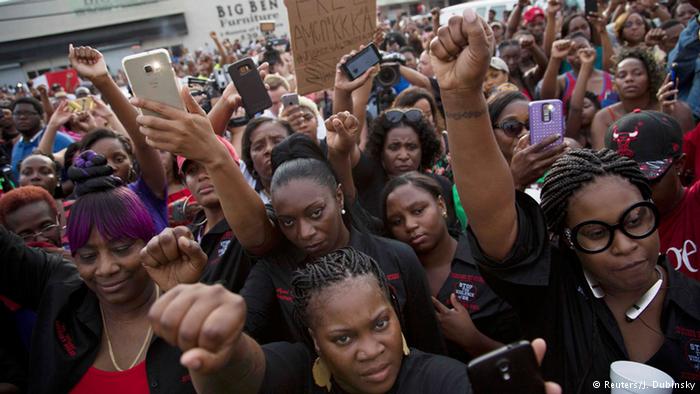
On Thursday night, President Obama addressed a these shootings at an hour-long ABC News broadcast. On Tuesday in Dallas the President gave a speech calling for unity at the memorial for five slain police officers. Two days later, Thursday, Obama was back in Washington D.C. where he hosted a town hall meeting to address race relations in the country. The President opened with an overarching statement, “The question is how do we channel what I believe are good spirits and good feelings and a sense of common humanity, who do we channel that into our institutions and how our police are structured and trained and how the community is working with them so that these things don’t happen with the kind of frequency that they do.”
Malonson cited a dysfunctional system still pervaded with unjustness often perpetrated by elected representatives. “We elect people who write the laws for themselves, and against us. So if we want to do something; if we have to change this unjust structure, we need to vote and vote every last one of them out of office,” Malonson declared.
Malonson quickly noted that race alone might not be the issue, stating, “ I don’t care if they are black, because, there can be “blacknecks” as well as “rednecks.” We just needs to vote them out. Black man redneck can be more dangerous than a whiteneck, and you must always remember that.”
“There are a lot of good white people marching with us now” he noted. Malonson continued, “There’s a lot of good white people that died for our right and freedom. The sad part of everything that we fought for, is that everybody is taking advantage of it except us. You know this is bad, so if you want to make a difference, you may march, but march to the registration centers; march to the polls and vote.”

